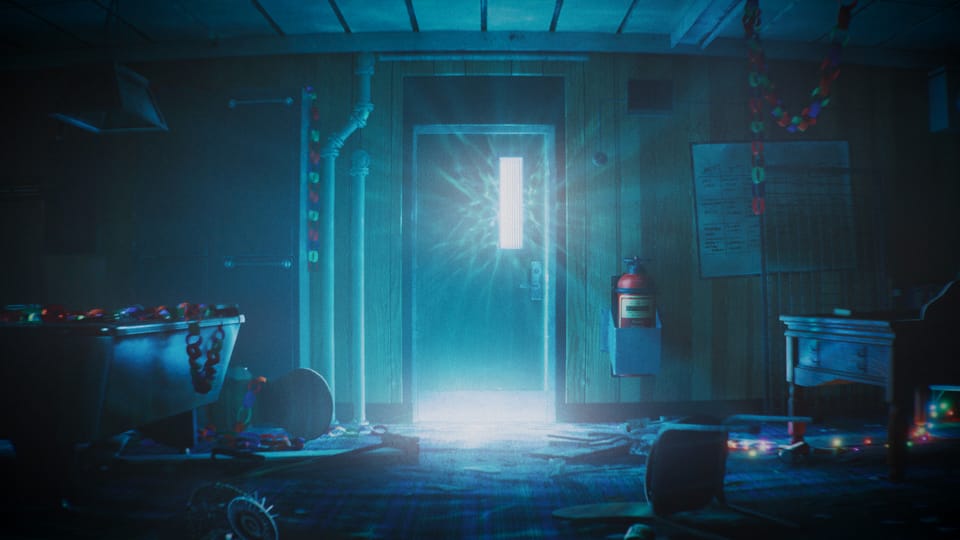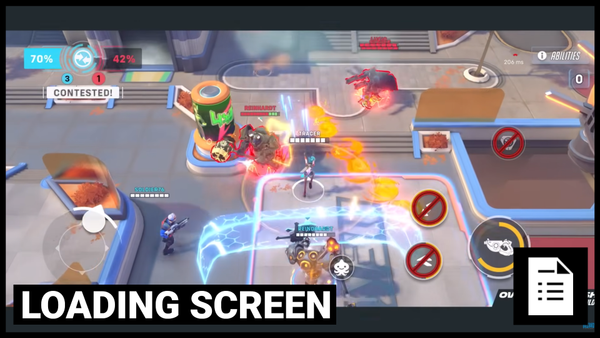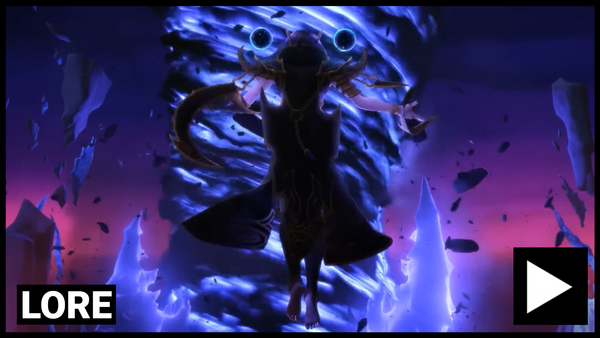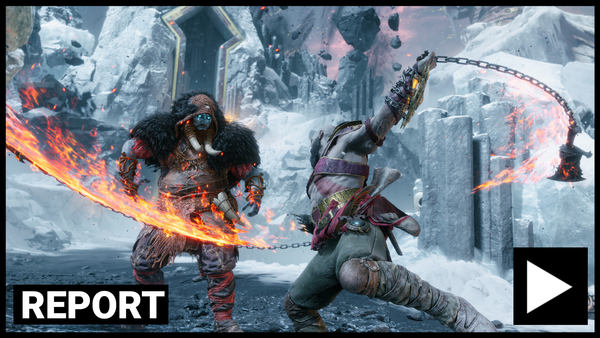Loading Screen: 2024 Already Record Holder For Games Industry Layoffs
A triple threat of stories today as we cover two sets of developers who are paying for management mistakes with staff jobs, and one indie developer that's closing it's doors because the industry has moved on too quickly.

A triple threat of stories today as we cover two sets of developers who are paying for management mistakes with staff jobs, and one indie developer that's closing it's doors because the industry has moved on too quickly.
Sumo Digital Slims Down
Sumo Group are one of those quietly massive conglomerates that exist in the background of gaming, powering along under the radar.
Between Publisher Secret Mode, and 18 separate studios (including beloved indie teams like The Chinese Room) they are dedicated to both internal releases such as the upcoming Still Wakes The Deep and also supporting bigger developers as a studio.
In fact, during the weekend of summer showcases, they highlighted multiple new titles or updates for their upcoming games list:
Well… we’ve had a busy weekend! 😅
— Sumo Digital (@SumoDigitalLtd) June 10, 2024
ICYMI @WeAreSecretMode announced @CritterCafeGame at @_WholesomeGames AND showed exclusive gameplay of @DeathSprint66 at the @pcgamer Show, alongside a haunting launch trailer for @SWTD_Game 🌊
..We're off for a lie-down! pic.twitter.com/nHtDCJXxHc
One day after that tweet was posted they announced layoffs across the entire group of between 150-250 people, up to 15% of the company - spanning all regions.
Meaning staff who had just celebrated reveals, who had worked to display games at these event or rushed to meet deadlines for the showcase marketing were now at risk of being let go.
Because Sumo obviously didn't want the big marketing moment undermined by the bad news of layoffs.
At least one chunk of that cohort will be the team at Timbre Games, who announced their closure on LinkedIn in the wake of the wider announcement.
In that case, the studio had only been founded by Sumo in 2021 and was working on two unannounced games - meaning that the team there have nothing to show for the last three years of work.
This is just another example of the worst of the last year of layoffs - where management made bets based on the easily accessible finance of the pandemic boom for tech and games - without any consideration for future forecasts.
And in this case, the people paying the price are quite literally an example of both directly benefitting from those decisions and then suffering from them.
VRChat Cuts A Third of Staff
VRChat are laying off 30% of their total staff, and once again, this is a prime example of leadership failing their staff by failing to plan correctly.
In an email sent to all staff, they confirmed that all of this is due to spiking growth during the pandemic being capitalised on by hiring widely, then completely mismanaging those staff while the growth slowed down.
We over-hired ICs [Individual Contributors]. We saw incredible growth in 2021-2022 and, in anticipation of continued growth, scaled our IC team significantly. The reality was different. Not only did we not maintain 2021 levels of growth, we shrank year over year. A scaled team with a smaller user base led to an oversized organization & burn rate relative to revenue and product scale. We hired tremendously talented people who worked on a lot of great ideas and projects, but without a management layer to align everyone towards the same goals, we did not set everyone up for success.
In this case, there do at the bare minimum appear to be steps being taken to provide severance, healthcare and an amendment to the oft overlooked policy that requires staff to sell all held shares in the company or lose them.
Plus the addition of VRChat specific amenities like ensuring staff will always have a subscription to the service, as well as a marker that they were an employee - which while unusual, makes sense when staff are as integrated into the community as some are with VRChat.
League of Geeks Lets Go
Back in December, we reported on the precarious position of Australian Indie Team League of Geeks - who had effectively found themselves running out of runway and budget to keep operating.
Laying off 50% of their staff and putting development of sci-fi strategy management game Jumplight Odyssey on hold - because funding for the industry as a whole had seemingly completely dried up for teams like theirs.
At the time, they had made plans to refocus - getting a remake of cult strategy game Solium Infernum out the door and then taking stock from there.
Solium Infernum launched to positive reviews (78% on Steam) but as a cult game launching during a time of absolute killer releases - it didn't break through to a wider audience.
As such, in their own words - "Unfortunately, its sales revenue cannot fund further active development or DLC."
And so the studio will effectively be shuttering for now to any non-founder staff for the forseeable future.
With over 13 years under our belt as an entirely independent studio, and the economic situation in games being what it is right now, we have made the decision to put LoG into hibernation for the foreseeable future and take some extended time off.
The vast majority of our team have moved on to exciting new endeavours and those who remain are going to take a well deserved break over the next few months.
However, both Solium Infernum and Jumplight Odyssey will get patches and updates to close out their early access releases and fix any remaining bugs the team can catch.
While the teams first hit game Armello will continue to be supported with rotating existing content and the board game adaptation in development.
So this is a case where an indie developer hasn't closed, but it's very clear that audiences should not be expecting significant development from them until something changes in the industry for funding terms.
To be very clear, this isn’t a case of execs at the top wanting to make an extra bonus, or a call to change “strategic direction” or any of the other things you’ve heard big companies say before - this one really came down to our hands being forced.
Because ultimately, that was the problem for LoG - the world changed around them, with every budgetary cost spiking at once just as it became incredibly difficult for the team to secure new sources of income.
And the ongoing trickle of funds from old games isn't necessarily enough to pay for a whole studio.
So now - the developer will simply cease to make anything new.





